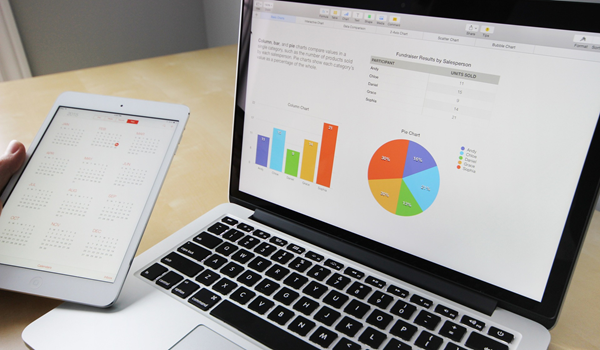Test Results
Results Of Tests And Investigations
We can only inform you of results of tests which have been arranged through the surgery. If you have had a test arranged by a hospital consultant or team (including ED) then they should arrange to get the results of those tests to you. Please call the consultant's secretary at the hospital as we are unlikely to be able to access the results you are after.
The easiest way to get test results is by registering for online access. When they see your results your GP will usually leave a comment associated with that result which you will be able to see via the app. If you need follow up, often this will have been planned at the same time as the test was organised, otherwise you may need to make an appointment to discuss them further. If a clinician feels a result needs urgent action they will usually arrange to contact you. Sometimes you may need to wait for an appropriate appointment to speak to the right person about the test - trying to get a more urgent appointment with a different clinician is not appropriate in this situation.
You may telephone for the results of tests on 01202 636400.
Please remember the following points:
- It is best to call after 2pm when the telephone lines and the receptionists are less busy dealing with appointment requests.
- Results will only be given to the specific patient to whom they apply. In the interest of confidentiality please be prepared to identify yourself. Please do not telephone for results for friends/relatives without prior arrangement (written consent may be required).
- You will need to know the specific test results that you require. Some tests take longer than others to process. If you have had several tests the receptionist will not necessarily know whether all the results are back unless you can identify them.
- Please do not expect the receptionists to have detailed medical knowledge. They are only instructed to tell you if your test is normal or satisfactory. If any test is abnormal or you require further discussion or interpretation then please refer to your doctor.
- Occasionally the Surgery may contact you by telephone or letter (e.g. with a prescription to treat a urinary tract infection). Therefore, please keep us up to date with your contact details.
Please remember that we do hundreds of tests on behalf of patients and we cannot contact patients to tell them of normal results. We will always endeavour to inform you of abnormal results, but contacting us to get your results is the best fail-safe means of ensuring that nothing is overlooked.
Blood Tests
A blood test is when a sample of blood is taken for testing in a laboratory. Blood tests have a wide range of uses and are one of the most common types of medical test. For example, a blood test can be used to:
- assess your general state of health
- confirm the presence of a bacterial or viral infection
- see how well certain organs, such as the liver and kidneys, are functioning
A blood test usually involves the phlebotomist taking a blood sample from a blood vessel in your arm and the usual place for a sample is the inside of the elbow or wrist, where the veins are relatively close to the surface. Blood samples from children are most commonly taken from the back of the hand. The childs hand will be anaesthetised (numbed) with a special cream before the sample is taken.
You can find out more about blood tests, their purpose and the way they are performed on the NHS Choices website.
X-Rays
An X-ray is a widely used diagnostic test to examine the inside of the body. X-rays are a very effective way of detecting problems with bones, such as fractures. They can also often identify problems with soft tissue, such as pneumonia or breast cancer.
If you have an X-ray, you will be asked to lie on a table or stand against a surface so that the part of your body being X-rayed is between the X-ray tube and the photographic plate.
An X-ray is usually carried out by a radiographer, a healthcare professional who specialises in using imaging technology, such as X-rays and ultrasound scanners.
You can find out more about x-ray tests, how they are performed, their function and the risks by visiting the NHS Choices website.

